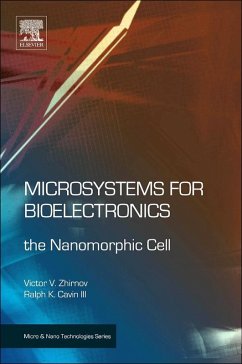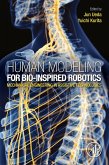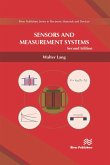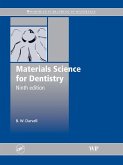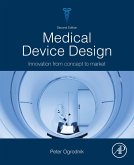Microsystems for Bioelectronics is the ultimate guide in the biomedical application industry. It provides a physics-based assessment of the limitless potential of miniaturization technologies. This book goes far beyond the complete design of the final systems. It also discusses the developments of computation and communication subsystems. The future of this technology lies in understanding the scaling limits for the individual systems. This includes all of its components and the fundamental energy source that powers all autonomous microsystems. Rapid advances in microfabrication technologies are offering new opportunities and capabilities to develop systems for biomedical applications. These applications include the diagnostics community and those that are active in therapy services.
Microsystems for Bioelectronics is one of the only books on the market today that goes into the comprehensive treatment of integrated microsystems.
- Discusses the diverse components that make up Microsystems
- Outlines the problems with miniaturization of energy sources
- Perfect reference for those in both the Engineering and Medical Profession
Dieser Download kann aus rechtlichen Gründen nur mit Rechnungsadresse in A, B, BG, CY, CZ, D, DK, EW, E, FIN, F, GR, HR, H, IRL, I, LT, L, LR, M, NL, PL, P, R, S, SLO, SK ausgeliefert werden.
Hinweis: Dieser Artikel kann nur an eine deutsche Lieferadresse ausgeliefert werden.

